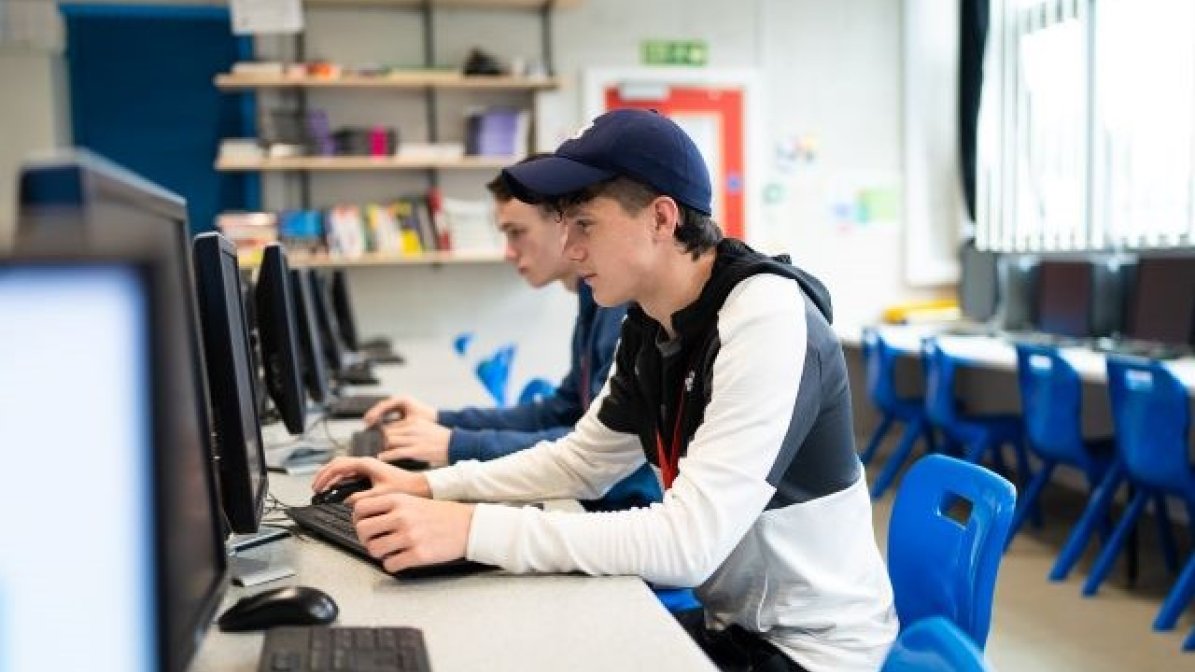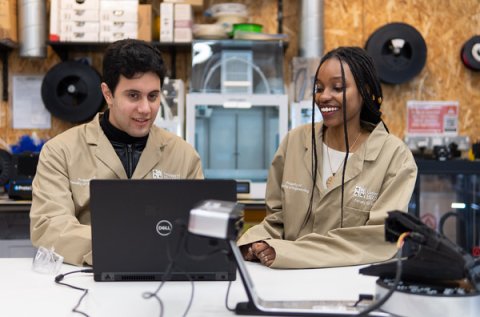
Subject guides
Our guides are packed full of great stats and information to help your child discover what it’s like to study a subject, how to get into it, and the career opportunities available.
They can quickly view relevant courses, apprenticeships, and job opportunities, and see profiles of employers and the universities and colleges where they can study those courses.




